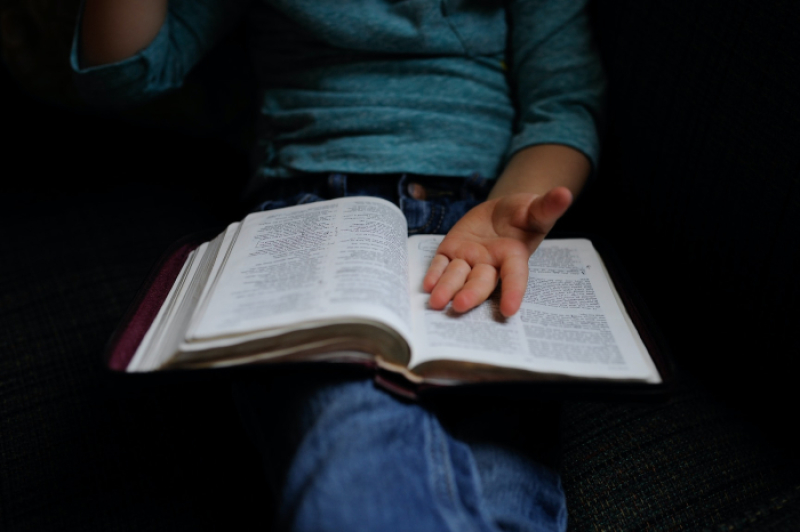
A new survey indicates that Americans with stronger spiritual lives and those who frequently offer forgiveness experience less loneliness than those less engaged with the Bible and churches.
The American Bible Society released the eighth chapter of its “State of the Bible USA 2024” report on Thursday, focusing on the theme of “Loneliness.” The report indicates that nearly three out of four Americans report moderate to high levels of loneliness, with over one-third of Generation Z women aged 18-27 experiencing significant loneliness.
Among the “Bible disengaged”—defined as those scoring below 70 on the Scripture Engagement Scale—22% reported high levels of loneliness, while 52% indicated moderate loneliness. In the “movable middle” group, which includes those scoring between 70 and 99 on the Scripture Engagement Scale, 59% reported high loneliness levels, and 17% reported moderate loneliness.
Conversely, only 11% of “scripture engaged” respondents with scores of 100 or higher indicated high levels of loneliness, while 50% suffered from moderate loneliness. Additionally, 38% of “scripture engaged” participants reported low loneliness, significantly higher than the 25% for both the “movable middle” and “Bible disengaged” groups.
To measure loneliness, the study utilized five questions from the UCLA Loneliness Scale, where respondents rated their emotional experiences from “never” to “often.” The highest possible score on the scale is 20, indicating greater loneliness, while the minimum is 5.
The findings showed that across three of the four generations examined, “scripture engaged” individuals had lower average loneliness scores than those in the “movable middle” and “Bible disengaged” categories. For instance, among Generation Z, the “scripture engaged” had an average loneliness score of 11.3, lower than the “movable middle” (12.4) and “Bible disengaged” (13.4).
Similarly, Millennials scored an average of 10.1, compared to 12.3 for the “movable middle” and 13.0 for the “Bible disengaged.” Among Generation X, the “scripture engaged” had an average score of 11.1, while both the “movable middle” and “Bible disengaged” scored 12.3.
Only among Baby Boomers and older generations did the “Bible disengaged” have a lower average loneliness score (10.5) than their “scripture engaged” counterparts (10.6). Among the oldest participants, the “movable middle” displayed the highest loneliness score (11.4).
The survey also examined loneliness levels based on church attendance, revealing that those who “never” attend church experienced the highest levels of loneliness at 25%. Those who had not attended in at least a month but visited within the past year reported 20%, while individuals who last attended over a year ago reported 16%. Respondents who attended within the past month scored 15%, and weekly attendees reported the lowest at 12%.
Individuals who attend church weekly reported the highest levels of low loneliness at 33%, followed by those who attended within the past month (32%), those who had not attended in over a month but visited in the past year (27%), and those who hadn't attended in at least a year (26%). Those who never attend church reported low loneliness at 24%.
Research indicates a correlation between an individual's ability to forgive and their levels of loneliness. The findings reveal that 36% of those identifying as “strongly unable to forgive” experience high loneliness, with 43% reporting moderate loneliness and 21% indicating low loneliness. Among individuals who consider themselves “somewhat unable to forgive,” 22% reported high loneliness, 57% experienced moderate loneliness, and 21% reported low loneliness.
For those who characterize themselves as “somewhat able to forgive,” 16% reported high loneliness, while 56% experienced moderate loneliness and 28% felt low loneliness. In contrast, individuals who see themselves as “strongly able to forgive” reported the lowest level of high loneliness at 16%, along with the highest percentage of low loneliness at 35%, with the remainder experiencing moderate loneliness.
The research is based on 2,506 responses collected from American adults between January 4 and 23, 2024, and examines the relationship between religiosity and loneliness.



















